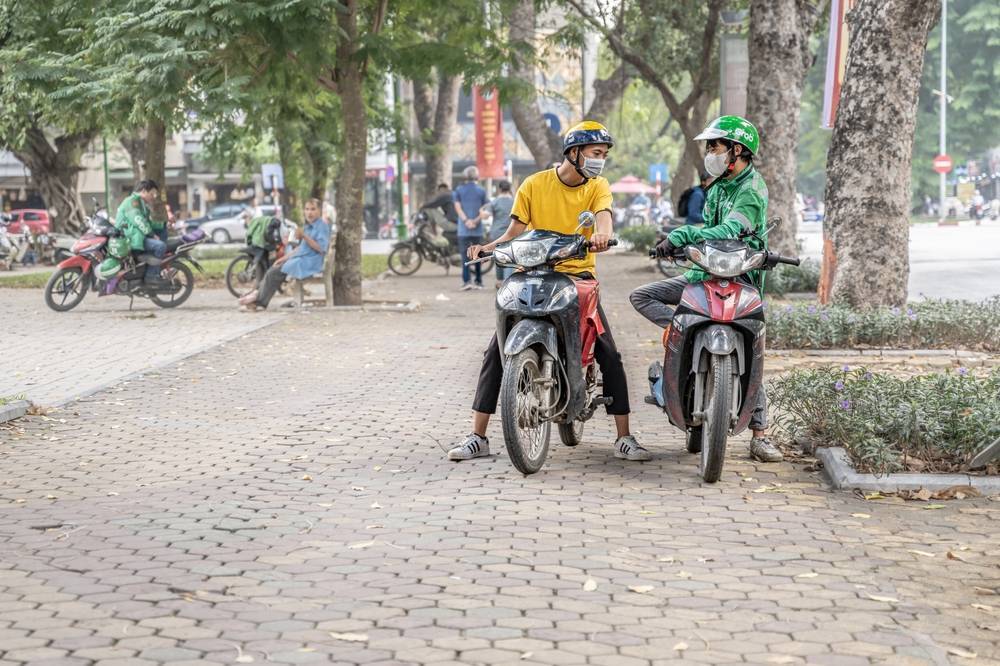Medical Channel Asia presents the weekly Asian medical news bulletin, bringing you essential healthcare news from across the region.
This week’s bulletin covers expired COVID-19 vaccines in Malaysia, illegal drugs in Singapore and monkeypox in Indonesia.
Thailand
The National Health Security Office (NHSO) of Thailand reported that the elderly utilise healthcare services at double that of other age groups, contributing to a third of the total healthcare system expenses. Common ailments among the elderly include enlarged thyroid, chronic obstructive pulmonary disease, and arrhythmias. Most of these seniors rely on the state-provided “gold card” universal healthcare coverage. As nearly 20% of Thailand’s population is now aged 60 or above, the NHSO is focusing on enhancing services and benefits tailored for this age group. In the 2022 fiscal year, out of Thailand’s population of approximately 66.98 million, 19.65% were seniors. Among them, 10.27 million use the gold card, while other healthcare coverage systems serve the rest.
Malaysia
The Malaysian government is under scrutiny following a parliamentary report highlighting the mismanagement of funds during the COVID-19 pandemic. The report revealed that US$100 million was spent on 8.5 million covid-19 vaccine doses which went unused and eventually expired in June of this year. Furthermore, US$4.2 million was expended on 136 ventilators, with only 32 functioning correctly.
Notably, the pharmaceutical firm responsible for procuring the ventilators lacked prior experience in purchasing medical equipment. This “chaotic” expenditure, including transactions made over WhatsApp without formal contracts, has ignited demands for a thorough investigation into the matter.
Also reported this week:
Cardiovascular Disease On The Rise Among Young Malaysians: A Cause For Concern
Exclusive Interview: Malaysian MP Syed Saddiq On The Healthcare System
Malaysian Fertility Rate : Decline Reaches Lowest in 50 Years
Philippines
In Cagayan de Oro’s remote villages, the indigenous Higaonon people’s preference for traditional healing over modern medicine, even for serious illnesses like breast cancer, is raising concerns. Despite the Philippines having one of the highest breast cancer mortality rates in the world, Higaonon elder Bae Kalalagan and many of the 12,000 Higaonons in the city choose to consult traditional healers and use herbal remedies. Although local and national government agencies offer modern healthcare options and financial assistance for early-stage breast cancer treatment through agencies like PhilHealth and PCSO, these services might be underutilized by indigenous communities due to deeply held cultural beliefs.
Also reported this week:
Study Finds Filipino Women Unaware of Menopause Risks
“Walang Gutom 2027: Food Stamp Program” Launched to Solve Hunger
Tuberculosis a Major Threat in the Philippines, Fight Assisted by USAID
Singapore
In an operation coordinated by Interpol, the Health Sciences Authority (HSA) removed over 4,600 illegal health product listings from Singaporean online marketplaces within eight days. The operation is known as Operation Pangea XVI and took place between October 3 and 10. It involved 89 countries, resulting in 72 arrests and the shutdown of over 1,300 criminal websites worldwide. The majority of the removed listings in Singapore were lifestyle health products, with sexual enhancement and male vitality products accounting for 30% of them. Additionally, aesthetic enhancement products (14%), contraceptives, weight loss items, and skincare products like topical creams were also significant. Local authorities seized around 60,372 illegal health products at checkpoints, including sexual enhancement products, sedatives, herbal supplements, and pain management items.
Also reported this week:
Bukit Batok East opens pioneering facility focusing on early diabetes
Indonesia
Indonesia’s total count of monkeypox (Mpox) cases has reached 21, with the most recent case being identified in Bandung, West Java. This was in addition to the 17 cases in Jakarta by October 27, 2023. The specifics of the Bandung case were not detailed. However, it’s worth noting that all identified patients have been males between the ages of 25 and 50. They showcased mild Mpox symptoms and are believed to have contracted the virus through sexual contact. The Indonesian Medical Association had reported 15 confirmed cases by October 13, with one recovery recorded in August 2022.
In Jakarta, they tested 20 individuals for the virus, and they came back negative. They are still waiting for the results for two others. The Head of the Mpox Task Force, Hanny Nilasari, strongly advised those at higher risk, such as those with multiple sexual partners and immunocompromised individuals, to practice safe sexual behaviours and consider vaccination.
Vietnam
At a national conference reviewing three years of COVID-19 prevention and control, Prime Minister Phạm Minh Chính of Việt Nam lauded the nation’s COVID-19 strategies, including the 5K principle (mask – disinfectant – distance – no gathering – health declaration), vaccine distribution, testing, treatment, technology, and fostering public awareness. Despite limited resources during the pandemic’s peak, the country emphasised vaccine diplomacy. This led to nearly half of its vaccine doses coming from international aid. The health ministry emphasised the importance of enhancing healthcare system capacity, especially during emergencies. The Prime Minister stressed investments in preventive health, grassroots healthcare, and biomedical research. Meanwhile, he also advocated for a national response plan for future pandemics. Dr Angela Pratt from the World Health Organization praised Việt Nam’s COVID-19 response. However, Dr Pratt cautioned against complacency due to the ongoing global circulation of the virus and potential new variants.

